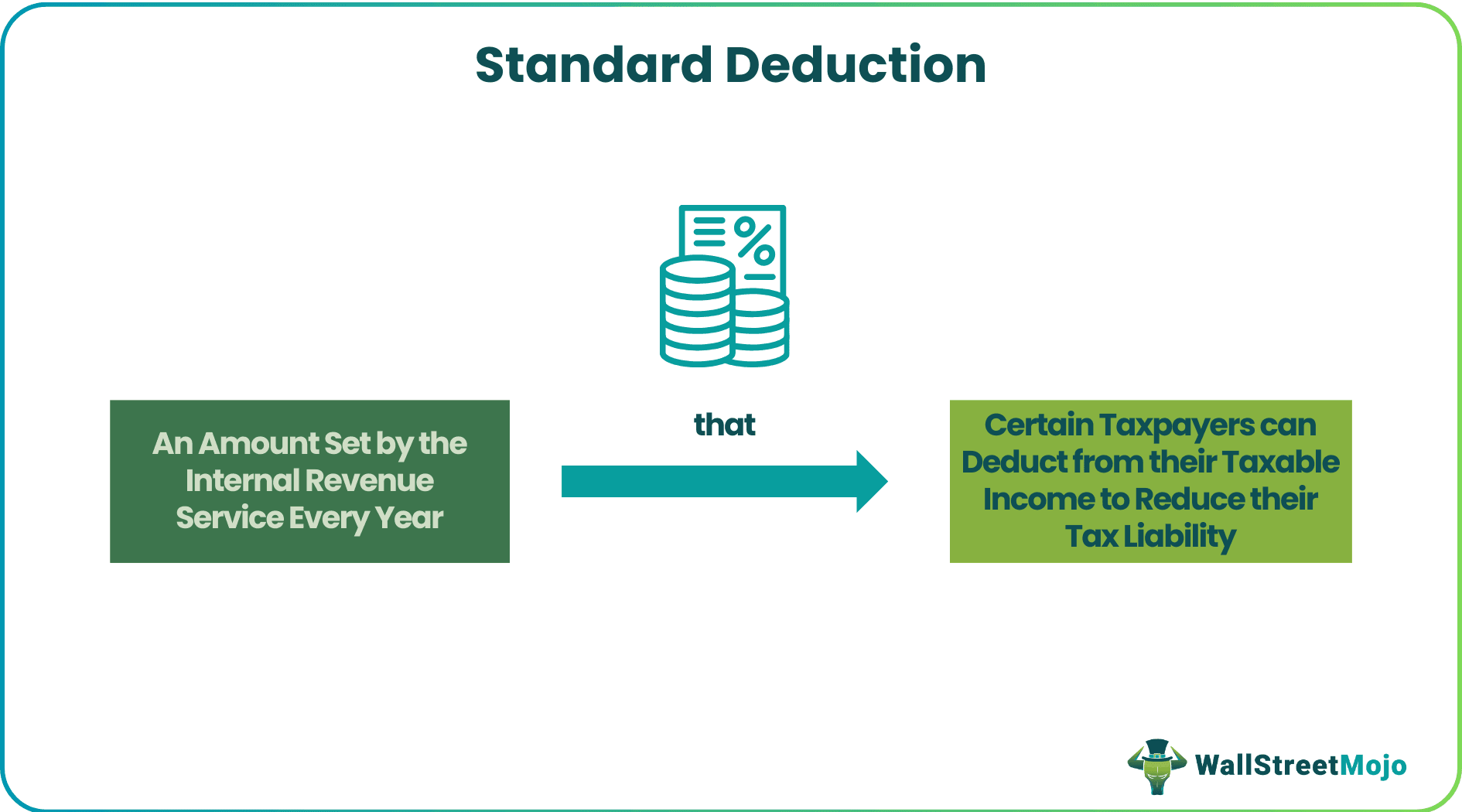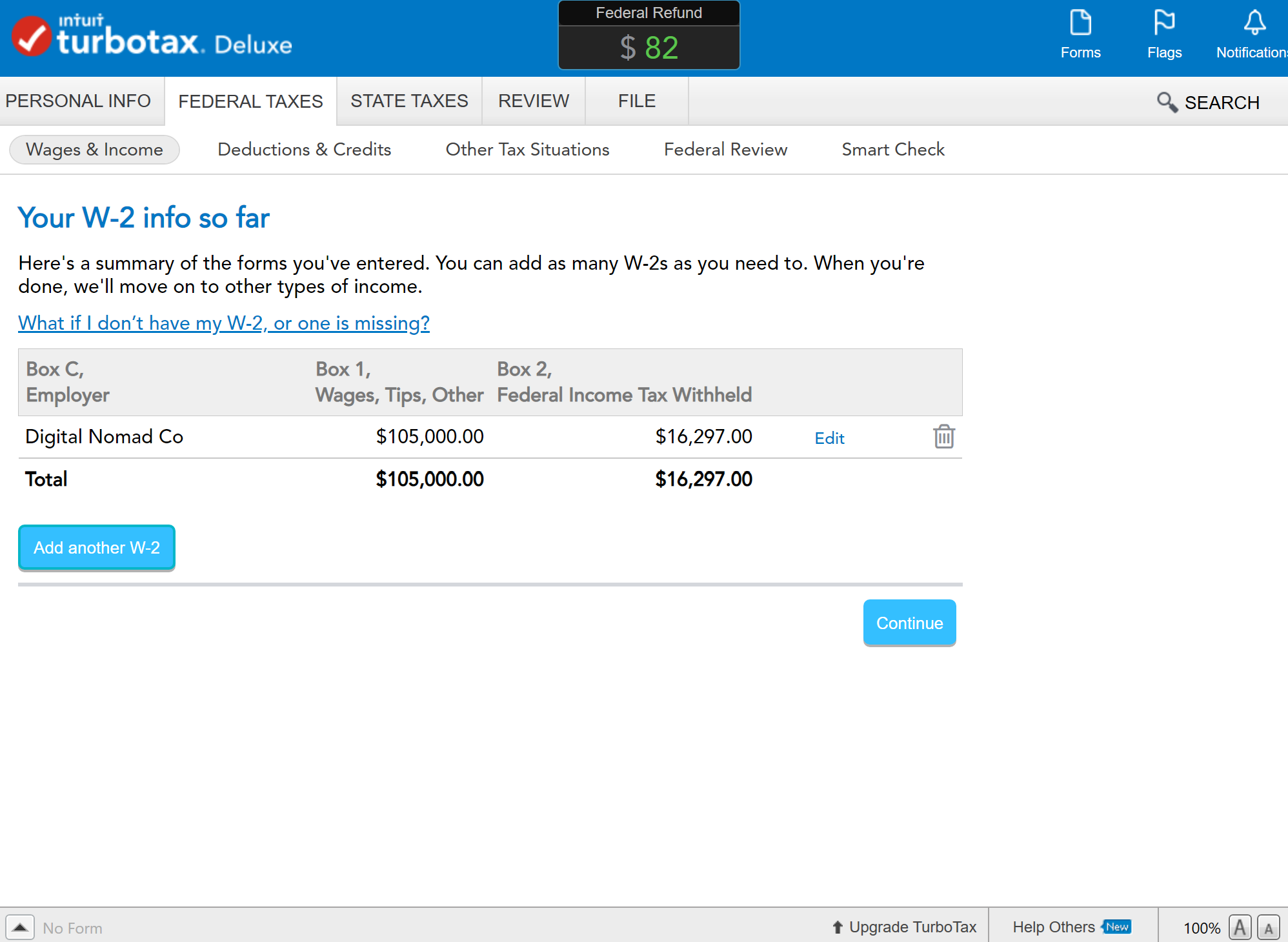Why the FEIE Standard Deduction is important for U.S. expats seeking tax savings
All Concerning the Foreign Earned Income Exemption: Maximizing Your Requirement Deduction Advantages
The Foreign Earned Earnings Exemption (FEIE) presents an important chance for united state residents living abroad to lessen their tax obligation responsibilities. Comprehending the eligibility criteria is necessary for those seeking to gain from this exemption. Moreover, claiming the conventional reduction can boost overall tax obligation advantages. Managing this procedure includes careful interest to information and a recognition of typical risks. Checking out these facets can provide quality and maximize potential tax advantages.
Comprehending the Foreign Earned Revenue Exclusion (FEIE)
The Foreign Earned Earnings Exemption (FEIE) allows U.S. citizens and resident aliens functioning abroad to exclude a section of their foreign earnings from government earnings tax. This arrangement acts as an economic relief device, allowing migrants to keep a bigger share of their income made in foreign countries. By minimizing taxed revenue, the FEIE aids relieve the concern of dual taxes, as individuals may likewise be subject to tax obligations in their host nations. The exclusion uses only to made revenue, which includes wages, salaries, and expert charges, while easy revenue and financial investment gains do not certify. To take advantage of the FEIE, individuals should submit particular types with the internal revenue service, detailing their foreign profits and residency - FEIE Standard Deduction. Understanding the nuances of the FEIE can significantly impact financial planning for united state citizens living overseas, making it essential for expatriates to stay notified regarding this useful tax provision
Eligibility Requirements for the FEIE
To receive the Foreign Earned Revenue Exclusion (FEIE), individuals have to meet details qualification criteria. This consists of rewarding residency requirements, passing the physical existence examination, and establishing a tax home in a foreign country. Each of these aspects plays a vital function in establishing whether one can gain from the exclusion.
Residency Requirements
Satisfying the residency requirements is essential for people looking for to qualify for the Foreign Earned Earnings Exclusion (FEIE) To be eligible, taxpayers must develop an authentic home in a foreign country or countries for a nonstop duration that generally extends a whole tax obligation year. This requirement emphasizes the necessity of a deeper connection to the international location, relocating beyond plain physical visibility. People should show their intent to live in the international nation and have developed their living scenario there. Aspects such as the size of stay, kind of real estate, and regional neighborhood participation are thought about in determining residency. Meeting these requirements is vital, as failing to do so might invalidate one from gaining from the FEIE.
Physical Visibility Test
Developing qualification for the Foreign Earned Earnings Exemption (FEIE) can additionally be achieved with the Physical Presence Examination, which calls for individuals to be physically present in a foreign nation for at the very least 330 complete days during a consecutive 12-month period. This test is advantageous for those that may not satisfy the residency requirement yet still reside abroad. The 330 days should be complete days, meaning that any kind of day invested in the USA does not count toward this total amount. It is crucial for individuals to preserve accurate documents of their traveling days and places to support their claims. Effectively passing this test can significantly minimize gross income and enhance economic results for expatriates.
Tax Obligation Home Area
Tax home location plays an essential role in establishing eligibility for the Foreign Earned Income Exclusion (FEIE) To certify, an individual must develop a tax obligation home in a foreign nation, which suggests their main workplace is outside the USA. This is distinctive from a plain house; the specific have to perform their operate in the foreign country while preserving a substantial connection to it. The IRS needs that the taxpayer can demonstrate the intent to remain in the international location for a prolonged period. In addition, maintaining a home in the U.S. can complicate eligibility, as it may suggest that the individual's true tax obligation home is still in the USA. Comprehending this criterion is essential for taking full advantage of FEIE advantages.
Exactly how to Declare the FEIE on Your Tax Obligation Return
Claiming the Foreign Earned Revenue Exclusion (FEIE) on an income tax return needs careful focus to information and adherence to specific IRS guidelines. Taxpayers have to initially confirm eligibility by satisfying either the bona fide home examination or the physical visibility test. As soon as eligibility is confirmed, they should complete internal revenue service Kind 2555, which details foreign made income and pertinent details concerning their tax obligation home.
It is important to report all international income precisely and keep ideal paperwork to support insurance claims. Taxpayers ought to additionally know the maximum exclusion restriction, which undergoes annual adjustments by the IRS. Filing Kind 2555 alongside the annual income tax return permits taxpayers YOURURL.com to leave out a part of their international profits from united state taxation. Ultimately, it is recommended to get in touch with a tax specialist or internal revenue service resources for updated details and advice on the FEIE process, assuring conformity and maximization of prospective benefits.
The Criterion Deduction: What You Required to Know
Exactly how does the typical reduction impact taxpayers' overall economic scenario? The common reduction acts as a significant tax obligation benefit, lowering taxable income and potentially lowering tax liabilities. For the tax year 2023, the common reduction is set at $13,850 for solitary filers and $27,700 for couples filing collectively. This reduction simplifies the filing process, as taxpayers can choose it rather of detailing reductions, which requires thorough record-keeping.

Taxpayers gaining foreign earnings might still claim the common reduction, taking advantage of decreased gross income even while utilizing the Foreign Earned Earnings Exemption (FEIE) It is vital to note that the standard deduction can not be integrated with itemized reductions for the same tax obligation year - FEIE Standard Deduction. Comprehending the basic reduction allows taxpayers to make informed choices regarding their tax strategies, making best use of offered advantages while ensuring compliance with IRS regulations.
Techniques for Maximizing Your Deductions
Making the most of reductions under the Foreign Earned Revenue Exemption calls for a clear understanding of made income limitations and the advantages of declaring housing exclusions. Additionally, making use of Kind 2555 properly can enhance the possibility for considerable tax obligation cost savings. These approaches can substantially impact the general tax obligation responsibility for migrants.
Understand Gained Income Limitations
While numerous migrants seek to lower their tax problem, understanding the earned earnings restrictions is necessary for successfully leveraging the Foreign Earned Revenue Exemption. The Irs (INTERNAL REVENUE SERVICE) sets particular thresholds that dictate the maximum quantity of international gained earnings eligible for exclusion. For the tax year 2023, this limitation is $120,000 per certified individual. Surpassing this limit might cause taxation on the revenue above the limitation, diminishing the benefits of the exemption. To make best use of reductions, migrants need to keep exact records of their international earned income and assess their eligibility for the exemption each year. Strategic preparing around these limitations can considerably enhance tax savings, permitting expatriates to enhance their economic scenario while living abroad.
Claiming Housing Exemption Conveniences
Several migrants overlook the prospective benefits of declaring the Housing Exemption, which can greatly reduce their taxed revenue. This exclusion permits individuals living abroad to subtract particular housing expenditures from their gross earnings, making it much easier to fulfill financial obligations without sustaining significant tax obligations. To maximize this benefit, expatriates should validate they qualify based on their house and employment situations. Additionally, recognizing eligible expenditures-- such as rental fee, utilities, and upkeep-- can enhance the total deduction. Maintaining extensive records of these prices is vital for confirming cases. By tactically navigating Check This Out with the Housing Exemption, expatriates can notably lower their tax obligation problem and keep more of their incomes while living overseas, ultimately boosting their economic wellness.
Utilize Type 2555 Efficiently
Utilizing Form 2555 properly can significantly enhance the economic benefits available to migrants, especially after benefiting from the Real estate Exemption. This kind enables individuals to declare the Foreign Earned Revenue Exclusion, which can greatly decrease gross income. To optimize reductions, migrants should validate they meet the certifications, consisting of the physical presence examination or the authentic home examination. It is necessary to accurately report all international made income and to keep thorough documents of qualification. Additionally, making use of the Real estate Exemption in tandem with Kind 2555 can even more reduce total tax liability. By understanding the complexities of these kinds, migrants can maximize their tax obligation circumstance and retain even more of their hard-earned revenue while living abroad.
Common Mistakes to Stay Clear Of When Declaring Your Tax Obligations Abroad

Often Asked Concerns
Can I Declare Both FEIE and the Foreign Tax Debt?
Yes, a person can claim both the Foreign Earned Earnings Exclusion (FEIE) and the Foreign Tax Obligation Credit Rating (FTC) They must assure that the very same revenue is not used for both advantages to avoid double advantages.
What Takes place if I Go Beyond the FEIE Income Limit?
Going Beyond the Foreign Earned Income Exemption (FEIE) income limit leads to the ineligibility for the exclusion on the excess quantity. This could cause gross income in the USA, calling for proper tax obligation filings.
Exist Any State Tax Obligation Implications for FEIE?
State tax ramifications for the Foreign Earned Revenue Exclusion (FEIE) differ by state. Some states might exhaust foreign income while others comply with government exclusions, making it important for people to speak with state-specific tax regulations for quality.

How Does FEIE Affect My Social Protection Benefits?
The Foreign Earned Revenue Exclusion (FEIE) does not straight impact Social Protection advantages. Earnings left out under FEIE might affect the estimation of ordinary indexed regular monthly earnings, possibly influencing future advantages.
Can I Withdraw My FEIE Political Election After Asserting It?
Yes, an individual can revoke their Foreign Earned Revenue Exemption (FEIE) political election after declaring it. This abrogation must be done in writing and submitted to the IRS, adhering to specific standards and deadlines.
Recognizing the Foreign Earned Revenue Exclusion (FEIE)
The Foreign Earned International Exclusion (Exemption) allows U.S. permits united state resident aliens working abroad functioning exclude a leave out of part foreign earnings international revenues income taxEarnings Taxpayers making foreign income might still declare the basic reduction, benefiting from lowered taxable income also while making use of the Foreign Earned Earnings Exemption (FEIE) Making best use of deductions under the Foreign Earned Earnings Exclusion calls for a clear understanding of gained earnings limits and the benefits of declaring real estate exemptions. While many migrants look for to decrease their tax problem, comprehending the gained earnings restrictions is vital for effectively leveraging the Foreign Earned Earnings Exemption. Exceeding the Foreign Earned Revenue Exclusion (FEIE) earnings restriction results in the ineligibility for the find more info exemption on the excess quantity.